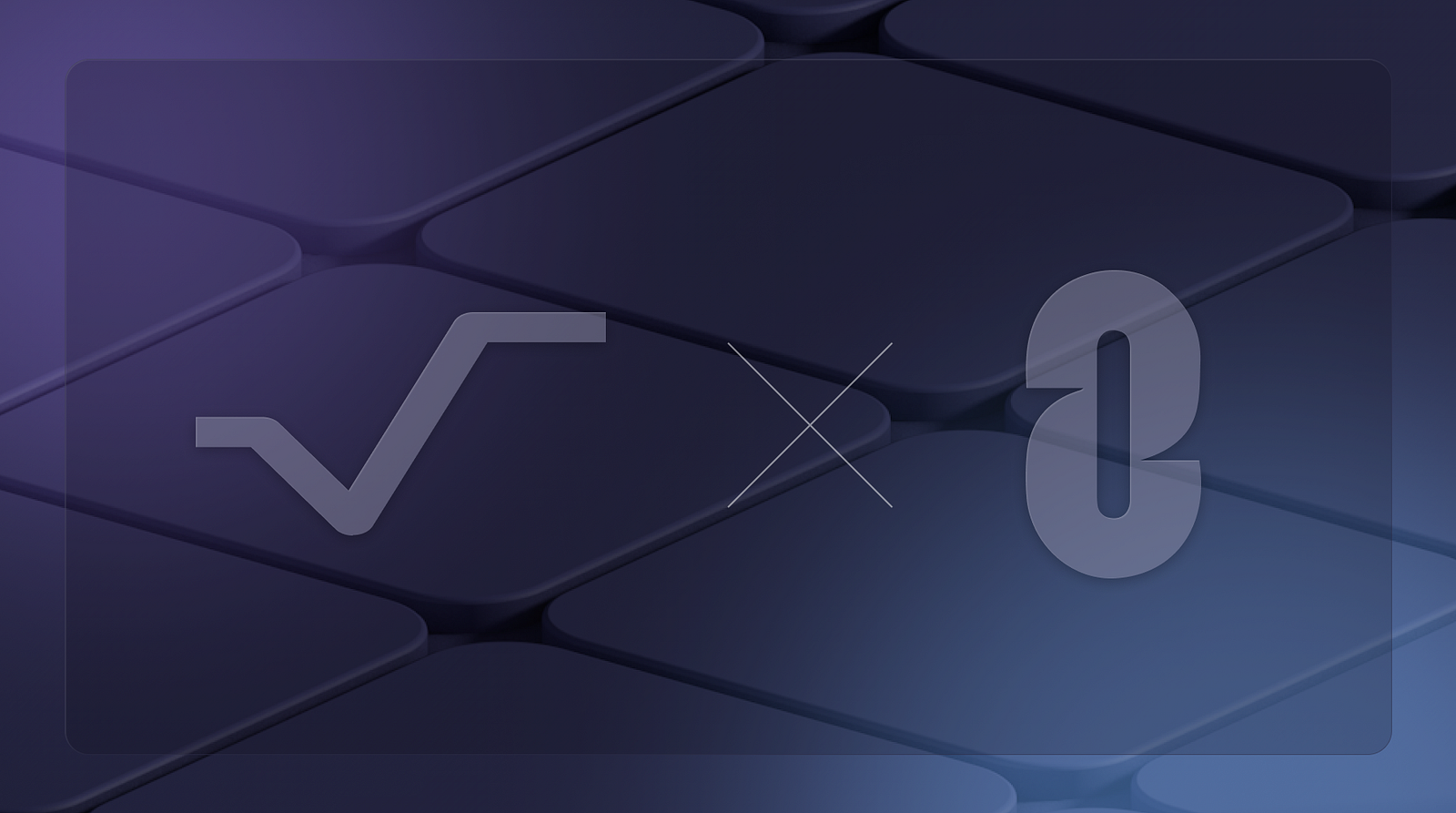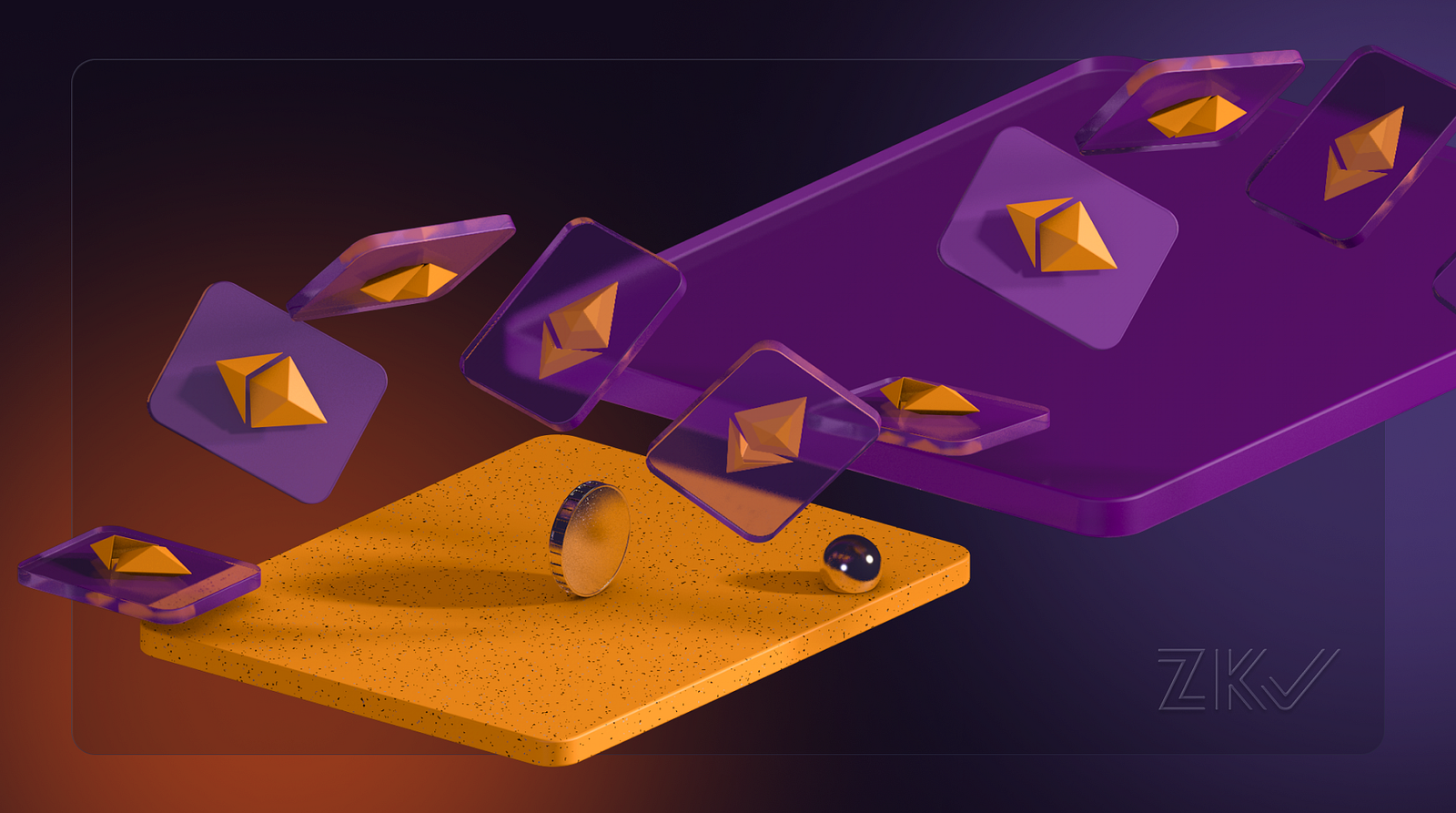Please fasten your belts!
ApeCoin Community shows support for Ethereum with a $1M donation
The Bored Ape Yacht Club-associated token community has made a $1 million donation towards the development of Ethereum. The donation was approved by the community through a voting proposal titled “I don’t hate apes, I just want them to fund public goods!” in reference to the tweet by Ethereum co-founder Vitalik Buterin.
The proposal aims to give back to the Ethereum community and further development work around account abstraction.
ApeCoin intends to divide its budget of $1,000,000 into different categories. Out of this, a sum of $300,000 will be given as a donation to ETHGlobal. The remaining $700,000 will be utilized to facilitate 11 hackathons for ApeCoin and at least five projects that will benefit the public. Additionally, some of the funds will be allocated for account abstraction, as well as initiatives connected to NFTs, DAOs, and ZK scaling.
The ApeCoin community is dedicated to supporting Ethereum, recognizing that ApeCoin would not be possible without it. In addition to this donation, other exciting votes have been taking place in the ApeCoin ecosystem, including establishing a Bored Ape Gazette news website and ApeCoin staking going live.
LayerZero and Radix collaborate to boost User Experience on Web3
Blockchain interoperability protocol LayerZero has partnered with layer-1 protocol Radix to enhance user experience in the Web3 ecosystem.
With the partnership, LayerZero’s suite of interoperability tools will be integrated into Radix’s Babylon public network in H2 2023. Radix, which is set to launch in Q2 2023, aims to offer consumer-friendly dApp tools for developers.
Thanks to this integration, Radix’s ecosystem will gain access to secure cross-chain communication tools, enabling developers to navigate different blockchain networks easily and access a wider range of services and assets.
Additionally, the partnership will expand the reach of LayerZero technology, making its interoperability features available to a more extensive user base.
Piers Ridyard, the Director of the Radix Foundation, said that the partnership with LayerZero will showcase the true potential of cross-chain interoperability, making crypto accessible to everyday users.

“The State of ZK” report
Zero-knowledge technology is seeing significant growth in the adoption within the blockchain area in 2023, according to a quarterly report published by ZKValidator.
The report, titled “The State of ZK,” sheds light on significant and emerging use cases, research, product launches, and notable investment rounds in the ZK space. It emphasizes zero-knowledge proofs (ZK-proofs) use cases, and privacy, scaling, and identity solutions are crucial drivers of adoption in the blockchain space. As specified by the author, privacy is the most prominent driver of adoption, with a 12.9% adoption rate.
Besides, the report provides insight into the development of new ZK products. For example, Geometry’s Semacaulk is a new zero-knowledge set membership protocol that ensures fast proof generation and verification while offering gas savings over Merkle-tree constructions.

ZKValidator also cites a paper that proposes a fast GPU-accelerated ZK-proof system that reduces proof generation time by taking advantage of the hardware similarities of GPUs.
The report also identifies other zero-knowledge projects being developed in decentralized identity, interoperability, and payments within the Ethereum and Polkadot ecosystems in 2023.
Finally, the ZKValidator suggests that zero-knowledge machine learning (ZK-ML) is the space’s most attractive new use case, indicating that the blockchain ecosystem is interested in exploring how ZK technology can be applied in identity management and other novel applications.
The Future of Web3 by Nasdaq
Nasdaq has recently published an article about the emergence of Web3 and how it is transforming the way we interact with the internet and our digital assets.
While cryptocurrencies have become well-known, they can be difficult to use, and there is always the risk of hacks, scams, and user error. This is where the rise of “smart wallets” comes in. The thing is that they are powered by account abstraction technology, making Web3 onboarding much easier.
These smart wallets bring significant security advancements and make Web3 more user-friendly, catching up with fintech giants like Revolut and Robinhood. They are also self-custodial, making them extremely valuable in times of mass insolvencies.
According to Nasdaq, smart wallets are the key to bringing the self-custody of Web3 wallets together with the ease of use of modern fintech, making cryptocurrency and Web3 approachable for everyone.

a16z releases Magi, its own rollup client for Optimism
Crypto venture capital giant Andreessen Horowitz (a16z) has revealed its latest rollup client for Ethereum’s layer-2 ecosystem, Optimism.
Called Magi, the new client aims to advance client diversity in the expanding layer-2 ecosystem, as multiple independent client implementations can help ensure the network’s safety and liveness.
Magi is an OP Stack rollup client that acts as the consensus client feeding new blocks to the execution client to advance the chain.
At the time of this writing, Optimism is the second most popular Ethereum layer-2 scaling solution with a total value locked of $1.94 billion, and the release of Magi aims to encourage greater decentralization, security, and scale throughout the OP Stack.

7th ERC4337 Core Devs call
During the 7th call with the Ethereum Foundation, some of the brightest minds in the crypto space discussed their latest developments. Partha Ramanujam from Etherspot, Dror Tirosh and Shahaf from Open GSN, Dan Coombs from Alchemy, and Kristof Gazso from Pimlico were in attendance.
One of the main topics of discussion was the status of a Pull Request that was waiting to be merged. With business ready, they could merge it now since Shahaf had approved it and the code was open source and on the p2p branch.
Another interesting topic discussed during the call was the proof of concept (POC) for lib p2p. They were currently working on peer discovery and metadata setup but faced compatibility issues with an M2 processor while upgrading libraries for lip p2p. However, these issues were resolved manually by rebuilding them, and they will share the branch as soon as it is ready.
The participants also discussed the reputation system for paymasters and bundlers. They explained how payments build their own reputation, which can be saved to disk in case of a restart. Additionally, bundles should include reputation for unstaked paymasters to protect themselves from attacks.
This was only part of the discussion topics. Interested readers can learn more about the call on Ethespot’s YouTube channel👇Subscribe and don’t miss further ERC4337 meetings.
If you want to watch recordings of previous ERC4337 Core Dev calls, check out this playlist.
Subscribe to Etherspot’s Everything About Account Abstraction Newsletter!
Start exploring Account Abstraction with Etherspot!
- Learn more about account abstraction here.
- Head to our docs and read all about the Etherspot SDK.
- For a plug & play integration, review the BUIDLer react component.
- Explore our TransactionKit, a React library for fast & simple Web3 development.
- Follow us on Twitter and join our Discord.
❓Is your dApp ready for Account Abstraction? Check it out here: https://eip1271.io/
Get In Touch:
Website | Twitter | Discord | Github | Telegram
Powered by Etherspot
BUIDLer React Component | TransactionKit | Etherspot Dashboard | Pillar Wallet | AirdropMe

